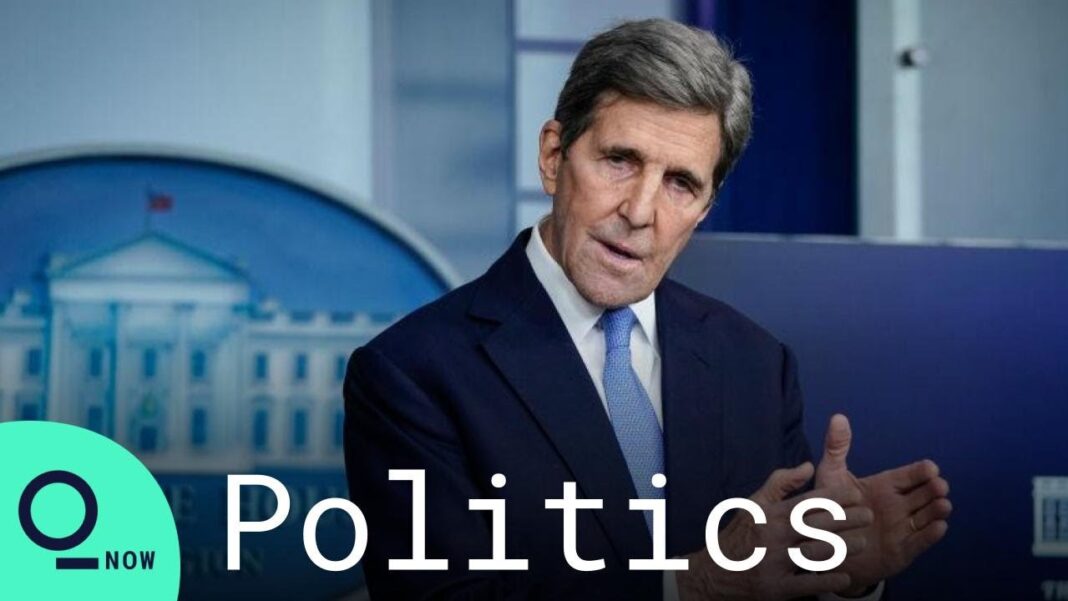China’s public debt already stands at 270 percent of GDP, and non-performing loans have hit $466.9 billion. In addition to existing economic challenges, real estate giant Evergrande Group has signaled that it may default on payments owed to creditors.
China’s second largest developer has been facing a liquidity crisis, as its onshore bond trading has been suspended. Without access to funding, Evergrande will find it impossible to pay suppliers, finish projects, or raise income, making default more likely—an eventuality which could send ripples through the entire Chinese economy.
Evergrande made $110 billion in sales last year and has $355 billion in assets. In June, it failed to pay some commercial paper and the government froze a $20 million bank account. The company now owes total liabilities of $305 billion, making it the most indebted real estate developer in the world. It is also the largest issuer of dollar junk bonds in Asia. Evergrande owes money to 128 banks and over 121 non-banking institutions. Consequently, the company’s stock price has dropped by 90 percent over the past 14 months, while its bonds were trading at 60 to 70 percent below par.
Evergrande accounts for 4 percent of total Chinese real estate high-yield debt. The company’s debt is of such significant size that it may pose systemic risk to China’s banking system. Late or defaulted payments by Evergrande could cause a chain reaction of defaults across institutions. An Evergrande sell-off could drive down prices, crashing over-leveraged developers. Authorities worry that this threatens to destabilize the entire real estate sector, which comprises about 30 percent of the Chinese economy.
Additionally, Evergrande has implications for the labor market. The company employs 200,000 people regularly and 3.8 million per year, on a project basis. After 18 months of sporadic COVID-19 lockdowns, China needs more, not fewer, jobs.
Evergrande is expected to be unable to meet interest and principal payments due next week.
The People’s Bank of China and the China Banking and Insurance Regulatory Commission warned Evergrande’s executives to reduce its debt risks. Beijing instructed authorities in Guangdong Province to coordinate with potential buyers of Evergrande’s assets. Meanwhile, regulators have signed off on a proposal to let Evergrande renegotiate payment deadlines, which would grant a temporary reprieve.






